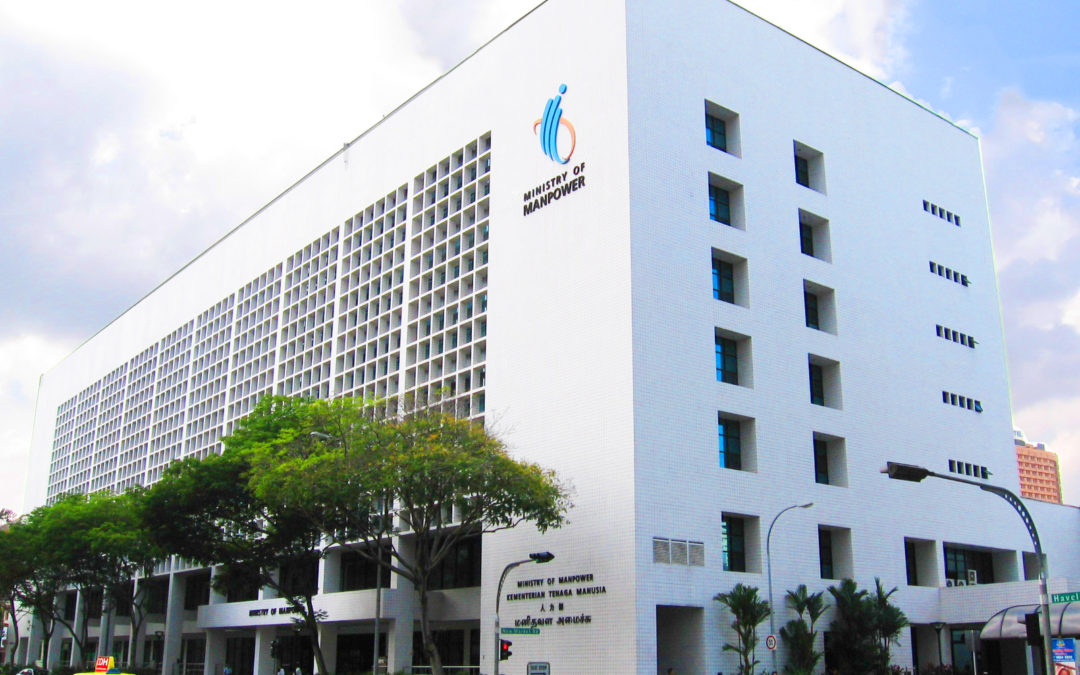Why should the government focus on low rate of unemployment?
Introduction
Unemployment occurs when workers who are willing to work but are not offered a job. The level of unemployment can be determined by the unemployment rate which is the ratio of unemployed workers to the labor force or active working population. It is imperative for the government to maintain a low rate of unemployment to ensure that the adverse effects of unemployment will not surface.
Main Body
It is imperative for the government to keep a low rate of unemployment to reduce the opportunity cost of idle resources when there is high rate of unemployment. This can be seen from the loss of output and rising government expenditure on unemployment benefit when there is unemployment.
Low rate of unemployment will help the government to prevent the problem of budget strain as low rate of unemployment would mean that the government can maintain a high and more diverse source of tax revenue while reducing the cost of government expenditure on unemployment benefit. This will prevent the government from experiencing sovereign debt due to the need of greater borrowing to finance budget deficit. Without budget deficit, the government need not raise tax revenue which will be politically unfavorable and it may create economic pressure for the middle income group.
When there is low rate of unemployment, the nation would have a higher production of output or national income. This would enable a country to raise their standard of living as the real per capita income or real GDP per capita can be higher, holding the inflation rate and population growth constant. Furthermore, a higher level of tax revenue attained from higher level for national income would enable the government to improve the infrastructure, making the life of the people more convenient and more comfortable.
Low rate of unemployment would also so mean that the degree of unequal distribution of income can be reduced since unemployment tends to affect the lower income group who will lose their source of income when they are unemployed especially when there is structural unemployment. The rise in tax revenue when there is low unemployment imply a higher level of national income and this would enable the government to use more funding to help the lower income and thus, dampening the negative effects of unequal distribution of income.
Lastly, the low rate of unemployment is an indication that the economy is competitive as it is able to maintain a higher level of production where the production capacity is kept high due to the country’s ability to raise export demand and attract more foreign direct investment.
Conclusion
In sum, it is imperative for the government to keep unemployment rate low so as to avoid the negative effects of unemployment and ensure that the government can achieve the other economic aims like raising standard of living and eradicating the problem of income and wealth disparity.


